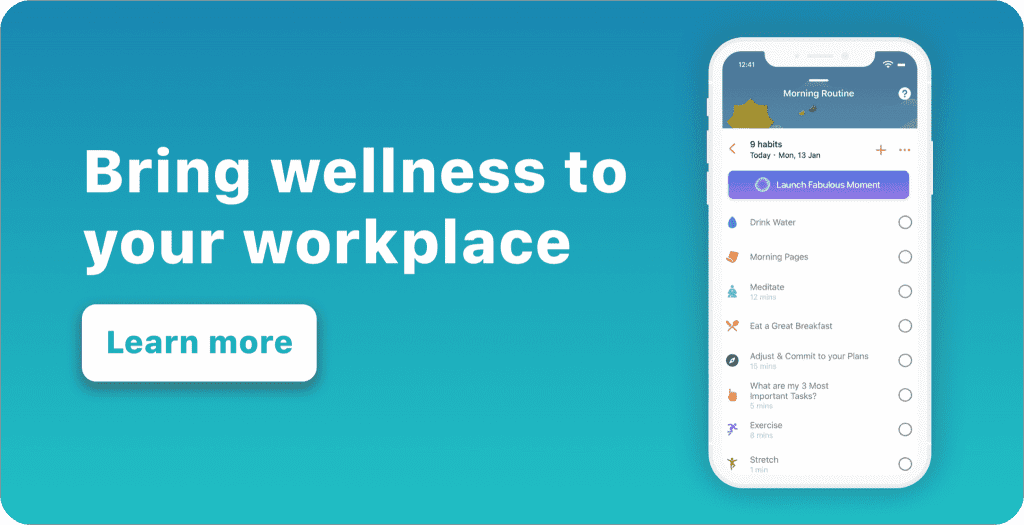According to Gallup’s 2017 State of the American Workplace report, 51% of American workers are actively looking for a new job. 3 million workers voluntarily left their job in 2016, a number that’s gradually increasing as worker confidence increases.
People leave their jobs for all sorts of reasons. Some simply can’t stand their current work anymore. Others are undergoing important life changes, like a new baby. But how can you know for sure when to quit your job?
The choice is ultimately yours to make. You need to decide what’s best for you and your wellbeing. But here are a few signs that it might be time to start looking for different work.
If you’re an employer or work in HR, read on and learn what are the signs you can look out for, and turn your ship around so your business can succeed.
You dread going to work.
Maybe it’s the long commute. Maybe it’s the obnoxious co-worker in the cubicle next to you who won’t stop yapping about his kids. Or maybe it’s something more abstract, like the feeling of not living to your fullest potential. Whatever the reason, that feeling of dread and resentment can have a serious impact on your performance.
Your health is suffering.
When was the last time you got a good night’s sleep? Checked your blood pressure? Took stock of your daily mood? If you feel like you’re getting sick more often or feel anxious or down all the time, it might be because of your job. Stress isn’t something you flick on and off like a light switch. It stays with you and can bleed into other parts of your life. Stress from work can affect your relationships and interfere with your ability to relax during your downtime.
Other people are quitting, too.
No company has a high turnover rate for no reason. If you find your work is constantly hiring new people to keep up with those quitting or getting fired, that’s a serious red flag. A high turnover rate suggests that the employer doesn’t care about their employees and sees them as replaceable. That’s not the kind of person you want to work for.
You hate–or fear–your boss.
There’s nothing wrong with being a little intimidated by people higher on the food chain than you are. However, supervisors exist to lead and support their teams, not oppress and terrify them. Think about the last time you had to talk to your boss about something serious. How did you feel? Just nervous? Or terrified? Or even frustrated?
You’re not learning or growing.
Not every job we work is going to be our dream job. Sometimes we just need something to pay the bills. But every job should help you grow a little. Stagnation is boring and bored employees are disengaged employees. Whether you’re a big-time investment broker or flipping burgers at the local greasy spoon, there should always be new skills to learn and opportunities for advancement. If there aren’t, maybe it’s time to look for something more interesting.
How do I quit my job?
If you’re officially deciding it’s time to seek greener pastures, here are some best practices to keep in mind:
Do some soul searching to figure out what you really want to do.
Maybe a few years in a corporate office has taught you that corporate life is not for you. Or maybe you’re looking for a job that’s easier on your body than landscaping or construction. Whatever you’re looking for, or even if you don’t know yet, do some research. Figure out what you need from your new job, what you’d like, and what you absolutely won’t put up with.
Have a game plan ready before you resign.
No matter how much you hate your job, don’t leave without a plan, unless you absolutely must. Get your financials sorted and make sure you have a support system at the ready for when you find yourself between jobs. Having a job offer waiting for you when you leave will make you feel much more secure and help you explain to your boss why you’re leaving.
Aim to leave on good terms, even if you hate your job.
When it’s time to put in your resignation, talk to your supervisor in-person if you can, or over the phone if you have to. Write a resignation letter for their records but tell them personally that you’re leaving. Give at least two weeks notice, or whatever your contract asks of you. Keep your answers polite but short. You don’t want to burn bridges, no matter how bad your job was. You might need a letter of recommendation from somebody someday.
Remember that it’s okay to disappoint people sometimes.
If your employer becomes testy or belligerent when you put in your two weeks, remember that it isn’t your fault they’re behaving that way. You are the director of your life story, not them, and if you want to quit your job, that’s your right. They might offer incentives to make you stay, like a pay raise, but think about it like this: Why didn’t they offer to take better care of you before you told them you were leaving? Is it really worth staying to keep your employer happy if that’s how they treat you?
The Takeaway
There are resources out there to help you find your dream job. Consider hiring a career or life coach if you still find yourself stuck. Look at the products and services you enjoy using and research what their work culture is like, read review, or even consider temporary work.
If you work in HR or are a boss, and want to keep your employees from being unhappy or having high turnover, check out Fabulous for Work. We’re helping millions succeed in their lives, both personally and professionally.




